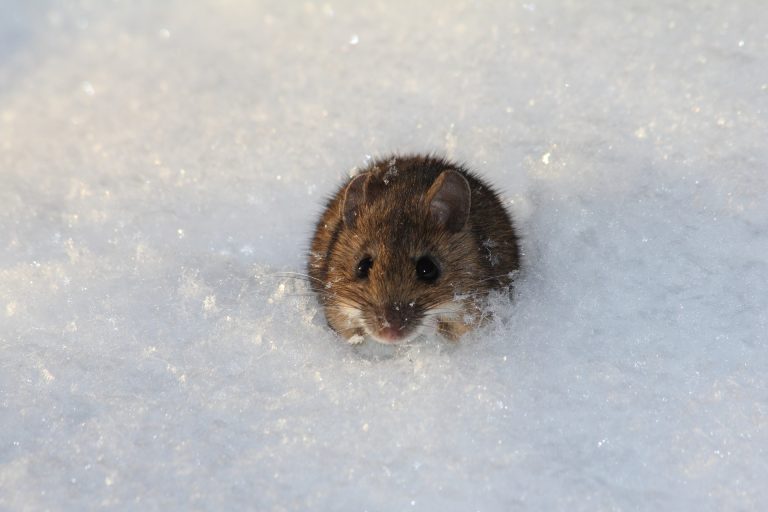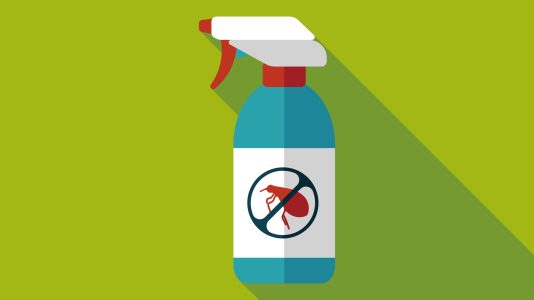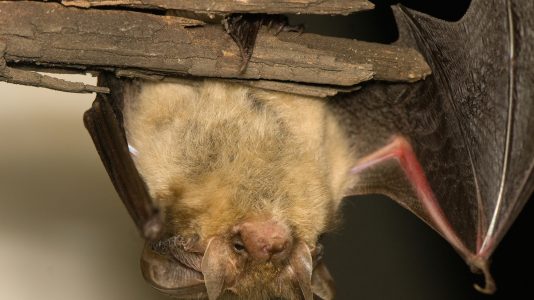Are there more rodent, mice and rat infestations during winter?
February 11th, 2020
Mice, rats and rodents do not hibernate during the winter and are very adept at finding their ways into homes and settling in to nest, feed, and breed in our houses during the cold months. These tiny vermin are built for survival and can become even more active as days become shorter and the temperature drops.
Scary enough, a population of just two rats has the potential to grow to around 1,250 in just one year and continue to grow exponentially from there. Mice are also extremely prolific breeders and a small colony can grow into a full infestation within months, even in the winter.
So if you think that your “small” rodent problem can wait until spring, we urge you to reconsider.
Mice and rats are known to spread diseases like Salmonella and Hantavirus when they contaminate food, and bring fleas, ticks and lice indoors. Rodents can also cause serious structural damage by chewing through wood, plastic and electrical wiring. Saliva, urine and feces are obvious contaminants, and pose an even greater health risk when they are stirred up into the air as fine droplets or dust.
How do I know if I’ve got rodents in my home during the winter?
Even if you think there’s NO way a mouse or rat could enter a room in your home, remember that they can squeeze their bodies extremely thin. In fact, a mouse can squeeze through an opening as small as a dime, while a rat can fit through a hole the size of a quarter. Brown rats dig burrows consisting of extensive tunnels. Mice, meanwhile, commonly reside in wall or floor cavities, in cupboards and in boxes.
If you suspect that mice, rats or other rodents have sought shelter in your home during the harsh winter months, there are a few signs to look for.
- Scratching and scurrying sounds: It’s hard for mice to find food when trees are bare and the ground is covered with snow so they have to rely on the reserves they’ve stored away during fall to survive. This means lots of trips back and forth from food sources and plenty of scratching and scurrying.
- Footprints in the snow: rodents need water during the winter and may be making quick trips outside to find a water source. Look for tiny prints after fresh snowfall and take note of their commonly used paths to pass on the information to your wildlife control specialists.
- Evidence of food thieves: when rodents get desperate and run out of food, they will come looking for yours – raiding pantries and basement storage spaces, even tearing into packaging. Pet food and any bird seed and feed in your home or garage are especially inviting to rodents who are looking for a free buffet.
- Food piles: rodents prepare for winter food shortages by stockpiling seeds, nuts, and any other available food items during the fall. Rats are particularly not-picky and will include any type of food or human waste to their menu. Look in corners of the garage, attack, shed and basement for any “collections” made by mice, rats, and other rodents who have decided to live in your home this winter.
- Droppings: keeping in mind that mice will only venture out into the open spaces of a home if they’re desperate for food, if you see even just one rodent dropping, it could be a sign that you’ve got an infestation out of plain sight. Both rat and mouse droppings look like dark brown grains of dried rice.
- Nests: mice are efficient builders and will shred pieces of Paper, fabric, string, fiberglass insulation, mattress and pillow batting and plant material (e.g., straw) into rough, ball-like structures, about four to six inches in diameter. A mouse nest may also look like loose piles of those same materials or like collections of wood chips, pellets and “fill” found in hamster cages and guinea pig enclosures. Mice are not clean animals, and they often leave droppings and scatter bits and pieces of scavenged food around their nests.
- Chew marks: Rats need to chew on hard materials to maintain their incisor teeth, so keep an eye out for gnawing marks on walls, wood, surfaces and metals. Garbage bags may be torn open as rodents hunt for food and nesting materials and any dry food storage could be a hot spot of activity.
- Odor: mice mark their territories with urine so keep a nose out for unusual musky, ammonia-like odors.
What to do if you have mice, rats or rodents in your house during the winter.
First and foremost, keep safe.
- Avoid all contact with food that appears to have been nibbled at by rodents.
- Rats can attack animals that are larger than them, even people. Be aware of the risk of bites.
- When cleaning areas soiled by rodents, with soap and water, always wear rubber gloves and a HEPA-filter mask.
If you hear, smell, or see mouse, rat or rodent activity inside your home this winter your safest option is to call a professional. BW Nature are your Ottawa and Gatineau experts in rodent removal, clean-up and prevention. Our trained technicians provide you with solutions tailored to your needs to keep your home rodent-free.
Trust us, a winter rodent problem cannot wait until spring. Call us today at (613) 237-7747!





